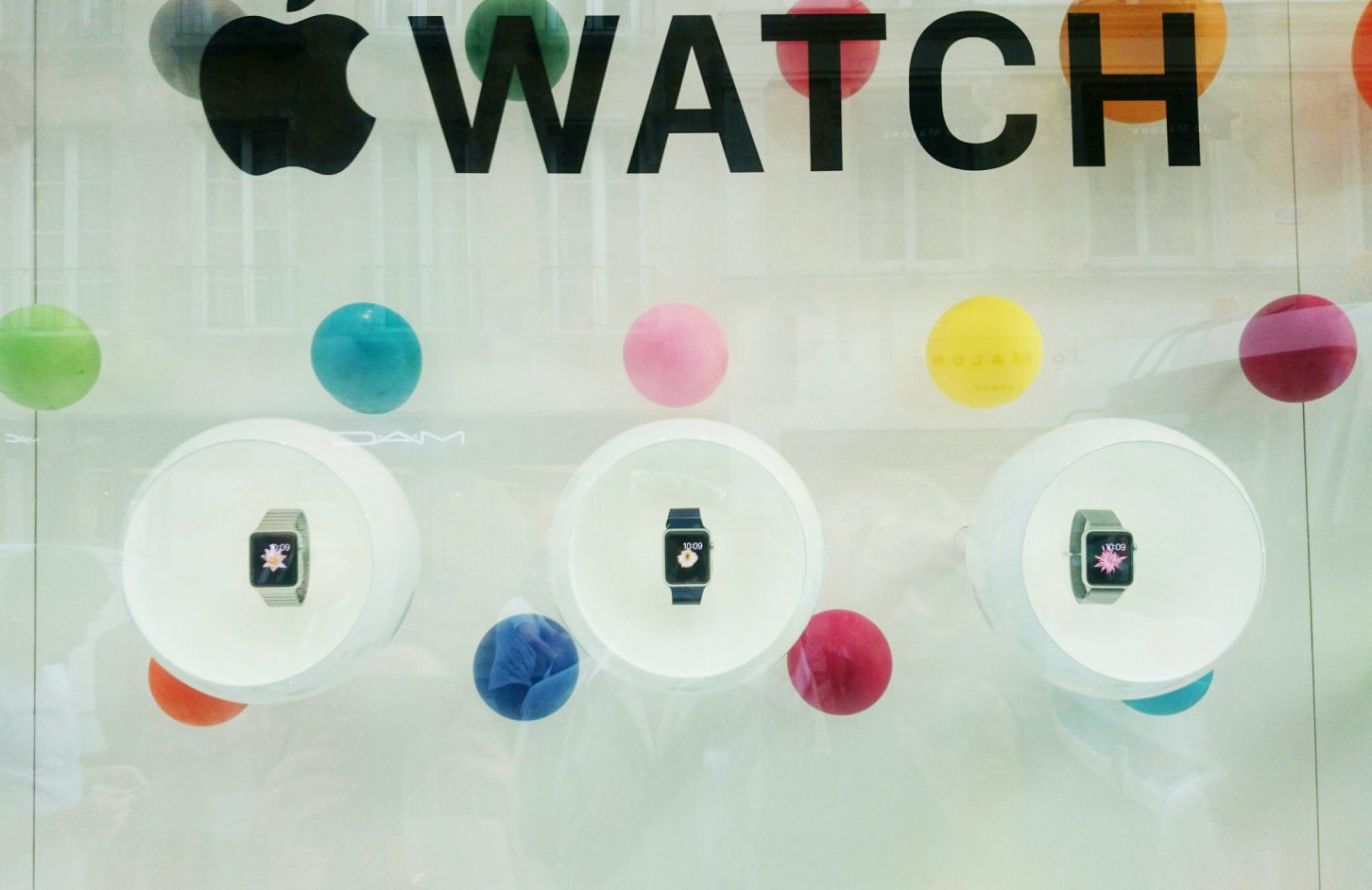Recently Ted Livingston, founder of Kik Messenger wrote a piece on TechCrunch where he outlined his vision for the future of the mobile messaging space.
Although I have tremendous respect for Ted, I completely disagree with his assertions. Ted believes that the future of messaging is building a platform where users can play games, make purchases, and do whatever else under the sun all from within a messaging app.
Sorry Ted, but you couldn’t be more wrong.
Let me elaborate on why the future of mobile messaging is actually about visual communication and not about building a platform.
Apple and Android are great platforms. It takes less than two clicks to switch between a messaging app to a game or an e-commerce app. Building these features into an existing messaging app would only serve to clutter the experience, much in the way that Line, Kakao, Wechat and Kik are now becoming cluttered.
These apps believe that once you trap a user in your app, you’ll be able to have them do everything they would otherwise do on their mobile fromwithin your app.
This is an incredibly misinformed strategy and will only serve to confuse users.
I can see that Ted would like to emulate Facebook’s strategy to become a platform, but even Facebook is now moving towards a decentralised app strategy with the launch of Paper, and a plethora of independent apps, Instagram, Whatsapp, Messenger, Poke, and several others.
Apps should do one and only one thing well. A messaging app should let you simply message your friends quickly and securely. Not play games, buy goods, manage tasks or do your laundry.
Moving towards a more visual form of communication
People have used images, drawings, symbols to communicate with each other for centuries. It is since the written word and the invention of the printing press that text and alphabetical characters replaced images as the main mode of communication.
And for centuries, people sought to record and capture their memories to replay over and over again.
Nowadays people think of photos and captured media as a new phenomenon, however, the written word preceded photos and videos, and the verbal art of storytelling preceded the written word, where the concept has always been the same, to capture life’s great moments, to replay them over and share them with loved ones.
People write autobiographies, tell stories about their childhoods, share slideshows, have picture albums of their weddings and events, and now have lifelogs.
The newest phenomenon to capture a slice of life however is the unassuming #selfie.
Selfies are more than just showing off
However the selfie is not all about a narcissistic form of self expression that most celebrities use it as.
For regular folk selfies represent a snapshot of their life. In fact Snapchat has done a great deal to illustrate the effectiveness of a selfie.
However as great as Snapchat is, the app doesn’t let people carry on a visual conversation. Rather Snapchat is a series of disparate moments rather than an ongoing chat. Also, what people actually want is more privacy and control, not ephemerality.
Ephemerality is an extreme take on giving people better privacy measures after a decade of sharing in the public eye was made default by Facebook and Twitter. Ephemerality may be great for a lot of things, but not so much for having a conversation.
The power of the selfie
Selfies have the power to change the way we communicate.
A texting conversation might fall short of communicating how you are feeling, but a selfie with text makes everything instantly clear. Actor James Franco says it best, “The selfie quickly and easily shows, not tells, how you’re feeling, where you are, what you’re doing.”
Selfies represent your expression, your mood, your location, your happenings, your surroundings, who you’re with, what you’re doing, where you’re at, what frame of mind you’re in. The beauty of the selfie is that you know its current, you know the person took it themselves, and you know that person is giving you the importance of sharing a slice of their life with you.
This is the future of mobile messaging. It’s going to be visual, expressive and fun.
Lutebox have launched Click Messenger, a new app that lets you text with selfies. Download for free today on iOS.

